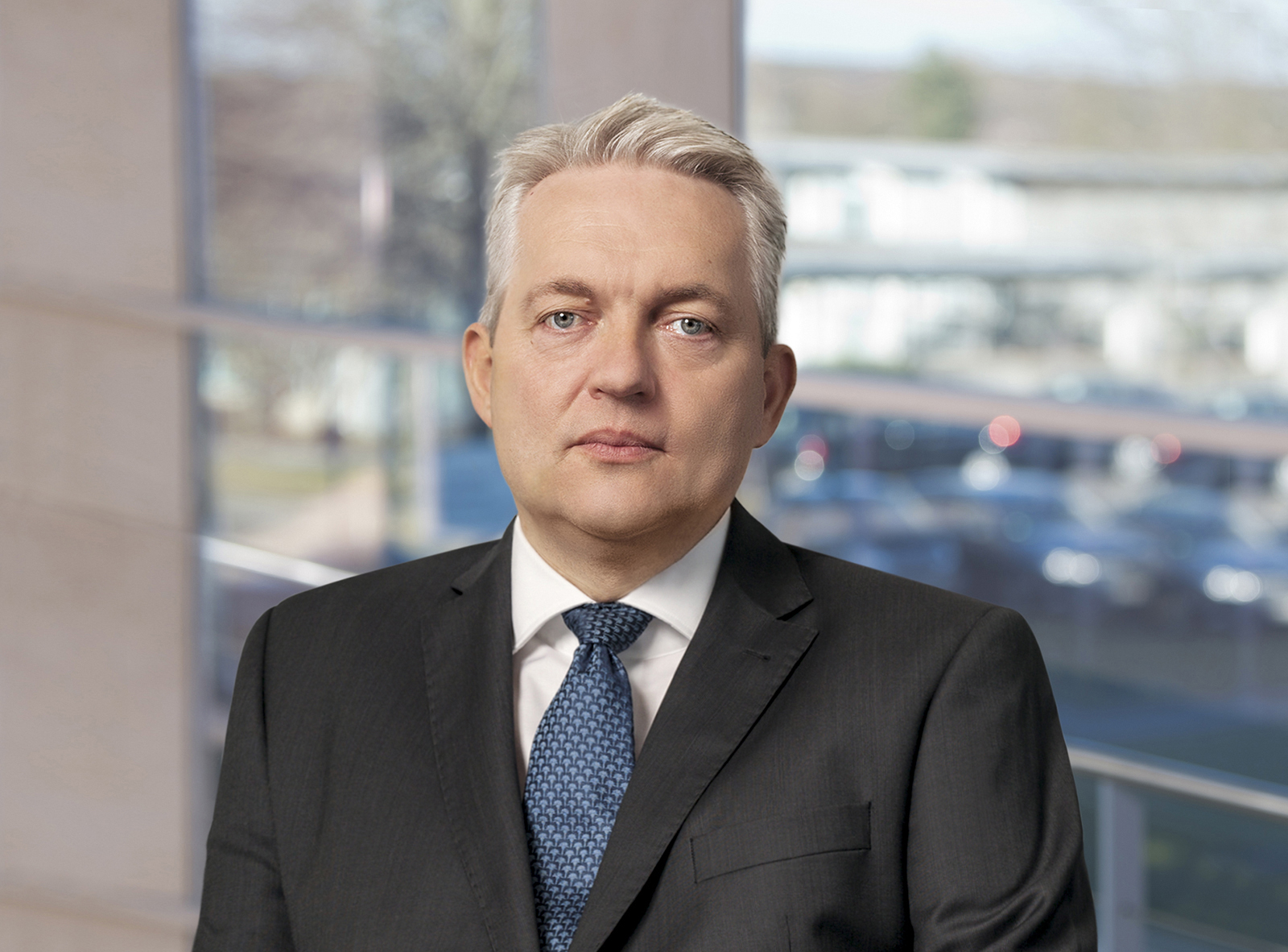Prof. Alexander Verl becomes Executive Vice President
Prof. Alexander Verl assumed his position as Member of the Board and Executive Vice President for Technology Marketing and Business Models on 1 April 2014. He moves from Director of the Fraunhofer Institute for Manufacturing Engineering and Automation IPA to senior level management of the Fraunhofer-Gesellschaft. The new department has been created to further develop potential within Fraunhofer – by utilizing the results of research and marketing research achievements.
“We intend to create added value for our customers by offering them key account in addition to the Institutes. The activities will also extend beyond what Fraunhofer Groups and Alliances have accomplished to date,” says Prof. Verl. To meet this challenge effectively, he would like to utilize the strengths of the entire Fraunhofer-Gesellschaft organization and offer turnkey solutions. “We intend to become an advocate for the customer in order to simplify access and better connect to the complex networks of broad expertise distributed throughout Fraunhofer.” One way to do this, for example, is to categorize the interests of specific economic branches and compare them with the portfolio of capabilities offered by Fraunhofer in order to develop and offer concrete opportunities.
Prof. Verl, 47, began his career as a development engineer at Siemens after completing his studies in electrical engineering. He wrote his dissertation on non-linear control of light-weight robotic joints at the Institute for Robotics and System Dynamics of the German Aerospace Center DLR. He then utilized his knowledge to found AMATEC Robotics in 1997, which he headed as Managing Director and partner for eight years. His firm was acquired and became a subsidiary of KUKA Roboter GmbH in 2005. The in-line measurement technology largely developed by him for automobile body in white construction is employed world wide by many automobile manufacturers today.
In 2005 Alexander Verl was appointed Director of the Institute for Control Engineering and Manufacturing Units ISW at the University of Stuttgart. In 2006, he succeeded Prof. Rolf-Dieter Schraft at Fraunhofer IPA, co-heading the Institute with Prof. Thomas Bauernhansl beginning in 2011 until joining the Executive Board of Fraunhofer. Verl had also served as Chairmen of the Graduate School of Excellence advanced Manufacturing Engineering (GSaME) at the University of Stuttgart, a doctoral program that is part of the Excellence Initiative of the German federal and state governments.
Promoting spin-offs
Verl knows spin-offs first hand. “I believe that entrepreneurial culture is not yet developed as it ideally should be in our economy. An attitude of risk aversion predominates in Germany, especially among the best and very best graduates, who do not view establishment of a company to be a viable alternative as in America, but instead as a temporary or expedient solution born of necessity,” he sums up. He would like to promote the spirit of enterprise at Fraunhofer and motivate staff members to become self-employed: “Fraunhofer offers a lot of interesting opportunities. I would like to promote this spirit even more in the future, for example by proactively approaching potential candidates, so that more spin-offs result from the Institutes.”
Professor Verl is a member of numerous scientific organizations. He is the chairman of the German robotics organisation "Deutsche Gesellschaft für Robotik", as well as of the Research Committee of the International Federation of Robotics IFR. In addition, he is Executive Board Member of the scientific society for industrial robotics "Wissenschaftliche Gesellschaft für Montage, Handhabung und Industrierobotik", MHI e.V., a.
He received the 2010 IERA Award of the Robotics and Automation Society (IEEE/RAS) and International Federation of Robotics (IFR) for the innovations in in-line measurement technology initiated by him. He was honored with the Julius von Haast Fellowship Award of the Royal Society of New Zealand and made an honorary professor of the University of Auckland in 2012. Moreover, he was awarded two honorary doctoral degrees from Politehnica University of Timisoara and the Technical University of Cluj-Napoca – both in Romania.
